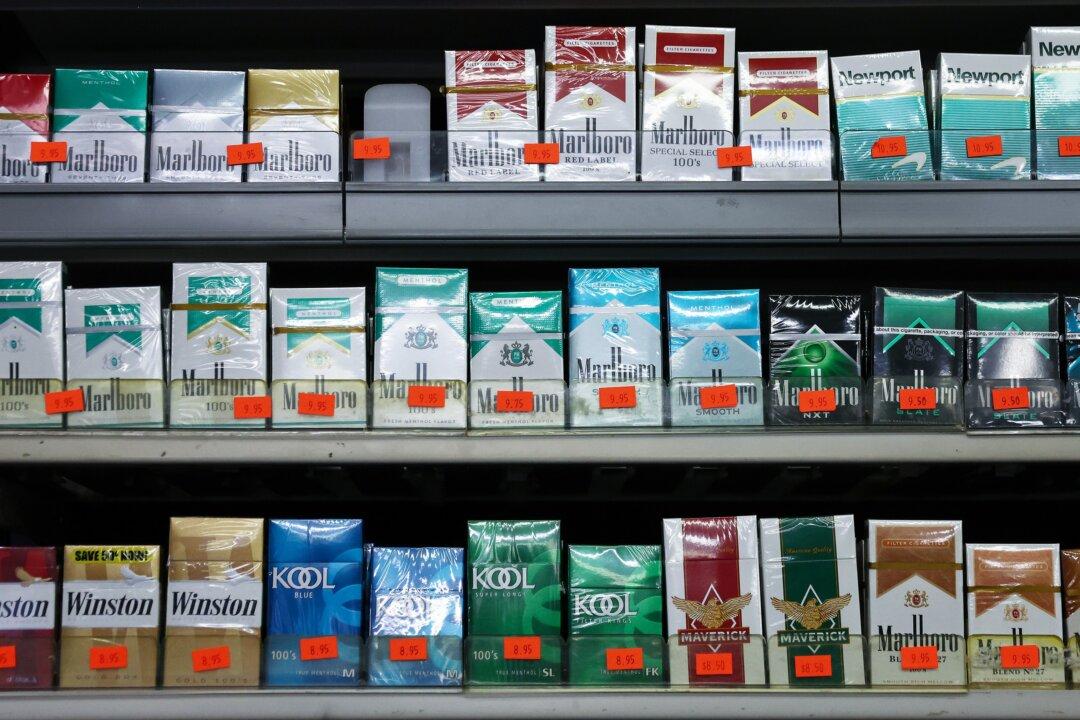Propagating skewed criteria, environmental, social, and governance (ESG) standards end up promoting companies with “inclusive” values and a progressive agenda rather than actual environmental or positive social impact.
Recently S&P Global gave Tesla an ESG score of 37, with the electric vehicle manufacturer garnering 60 points on the “environmental” front, 34 for “governance and economic,” and 20 “social” score. In contrast, cigarette companies like Philip Morris International Inc., Altria Group, and Imperial Brands had higher ESG scores. “Why ESG is the devil,” Musk said while responding to a June 13 tweet by journalist Aaron Sibarium explaining how ESG ratings discriminate between companies.





